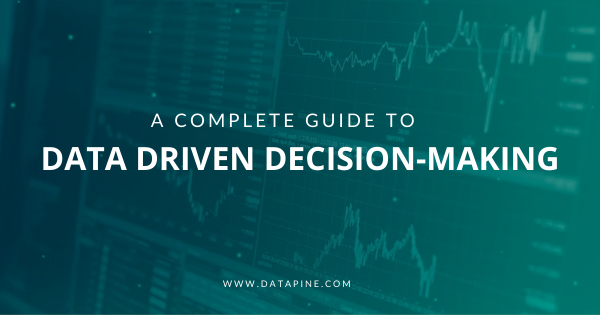In today’s digital age, businesses have access to a vast amount of data that can be utilized to make informed decisions and drive growth. Big data refers to the large volume of structured and unstructured data that organizations can collect from various sources, such as social media, websites, and customer transactions.
Utilizing Big Data for Business Success
Using big data effectively can give businesses a competitive edge by providing valuable insights into customer behavior, market trends, and operational efficiency. Here are some key ways to leverage big data to drive business decisions:
1. Understand Your Data Sources
Before diving into big data analytics, it’s essential to understand where your data is coming from and how it is being collected. This includes identifying internal data sources, such as sales records and customer databases, as well as external sources like social media platforms and market research reports.
2. Analyze and Interpret Data
Once you have collected the data, the next step is to analyze and interpret it to extract meaningful insights. This may involve using data visualization tools, machine learning algorithms, or other analytical techniques to identify patterns, trends, and correlations within the data.
3. Identify Business Objectives
Before making any decisions based on big data analysis, it’s crucial to align your findings with your business objectives. Whether you are looking to improve customer satisfaction, increase revenue, or optimize operations, your data-driven insights should directly support these goals.
4. Make Informed Decisions
Armed with actionable insights from big data, businesses can make informed decisions that are backed by data-driven evidence rather than intuition or guesswork. This can help minimize risks, identify opportunities for growth, and optimize resource allocation.
Challenges and Considerations
While big data offers immense potential for businesses, there are also challenges and considerations to keep in mind when utilizing it for decision-making:
Data Security and Privacy
With the vast amount of data being collected, organizations must prioritize data security and privacy to protect sensitive information from cyber threats and compliance issues.
Data Quality and Accuracy
Ensuring the quality and accuracy of the data being used is essential to make reliable decisions. This involves cleaning and validating the data to prevent errors and inconsistencies.
Scalability and Infrastructure
Managing and processing large volumes of data requires robust infrastructure and scalable solutions. Businesses need to invest in technology and resources that can handle the demands of big data analytics.
Conclusion
Big data has the potential to revolutionize how businesses make decisions and drive success. By understanding your data sources, analyzing and interpreting data, aligning with business objectives, and making informed decisions, organizations can harness the power of big data to stay ahead of the competition and achieve sustainable growth.
